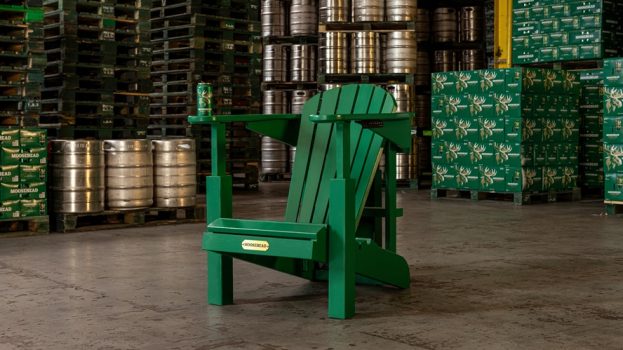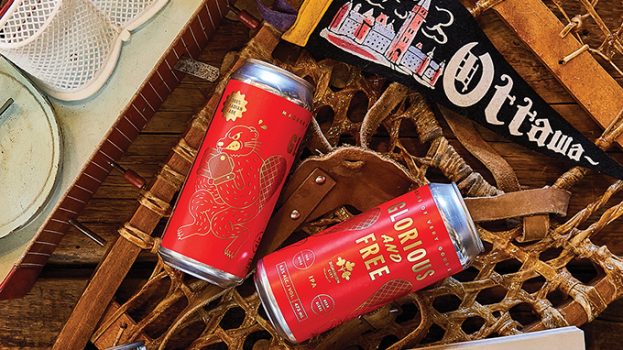Waterloo Brewing has received a cannabis research license from Health Canada, allowing it to pursue the production of cannabis-infused beverages.
Russell Tabata, COO of Waterloo Brewing, said in a statement that the company is looking to position itself as “one of the few beverage production facilities capable of producing” cannabis-infused beverages in the short amount of time between when they are legalized and when they are made available for commercial sale. It will be using its existing scale and technical knowledge to address the infrastructure issues related to production.
In late 2018, Waterloo established a partnership with consulting firm Cannabis Compliance to help it pursue its license from Health Canada. At the time, the company said it would be ready for the planned legalization date in October, but the government has given producers 60 days from legalization to implement the new regulations, which means these products will not be available for sale until December at the earliest. In this week’s announcement, Waterloo Brewing said it is now targeting 2020 for the start of production.
Major brewers, including Molson Coors and Labatt, have previously announced their intentions to take advantage of the perceived opportunity in cannabis-infused products and diversify their beverages portfolios, partnering with established cannabis producers to pursue research and development. Waterloo, however, has yet to announce a partnership with any cannabis company.
“We plan to develop and grow our own brands and be the production partner of choice for any cannabis company wanting to be ready for the cannabis-infused beverage market,” George Croft, president and CEO of Waterloo Brewing, said in December.
In June, the former Brick Brewing Company changed its corporate name to Waterloo Brewing, reflecting its geographical roots in Ontario (where it was established as one of Canada’s first craft brewers) and aligning the business under its most well-known brand. Other brands in its portfolio include discount label Laker, Landshark Lager, Margaritaville and the Seagram line of coolers and ciders. In its Q1 results, the company reported a net revenue of $12.3 million and sales volume of 48,300 hectolitres. While sales volume was down slightly (3%) compared to the previous year’s Q1 results, that still makes it one of the largest Canadian-owned craft breweries in the country, with revenue up $5.3 million year-over-year. The company may be looking to diversify its holdings beyond beer as well: while sales volume for Laker was down year-over-year in Q1, sales for Landshark, Margaritaville and Seagram all rose.
























